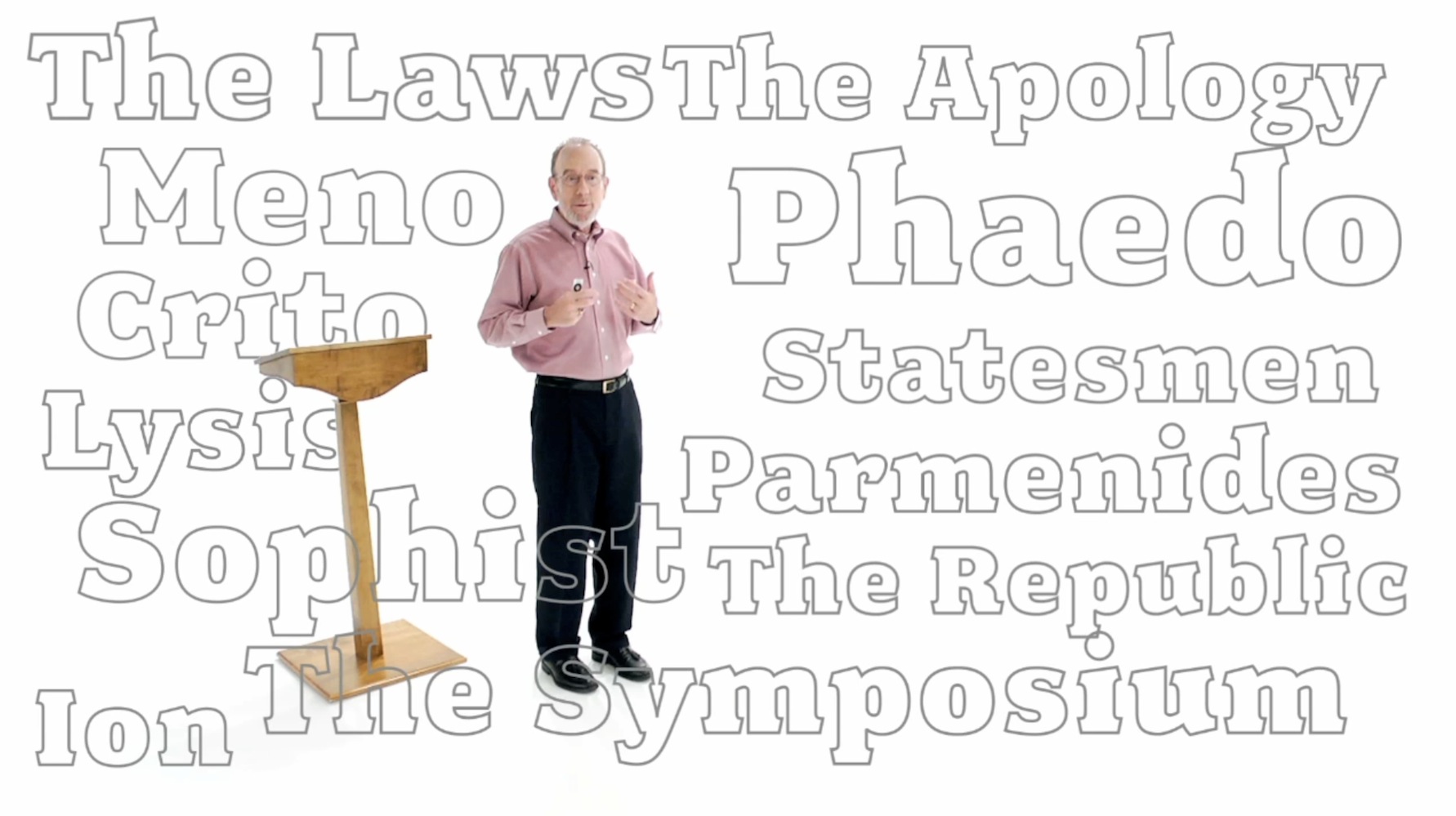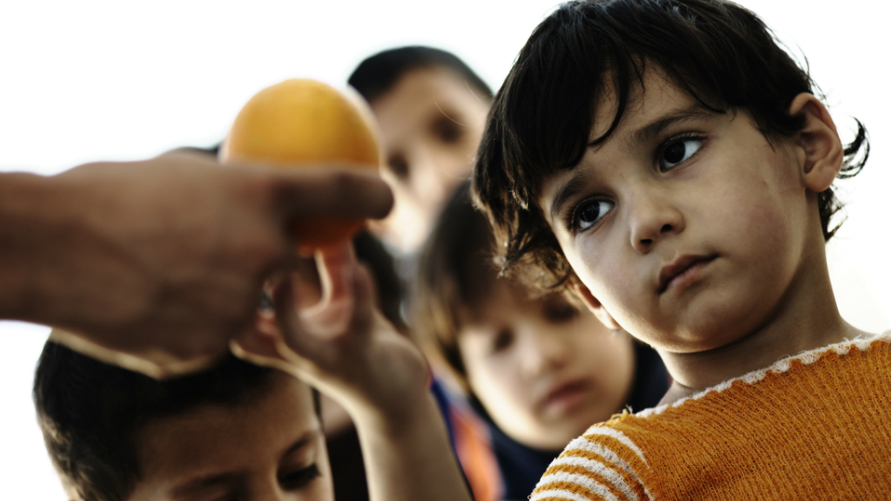Yale Professor Jeffrey Brenzel argues that reading the great classics can not only enrich your education, but also actually make your life better.
All Articles
Two prominent economists have called for the institution of a worldwide economic-development plan modeled after the post-WWII European Recovery Program. They argue that helping poor countries industrialize is the best way to achieve lasting peace.
The social justice pope spoke out this week on two hot topics. On Tuesday, he held a climate change summit. On Wednesday, he called the gender pay gap a “scandal.”
Something like social contracts likely run deep in our nature. As does the “economic justice” they need. The largest database we have on hunter-gatherer cultures suggests our ancestors had rigidly egalitarian tendencies 10,000 generations ago.
Can a running start really improve your driving distance in golf? “What a shot by Happy Gilmore! <aside> Who the hell is Happy Gilmore?”–Announcer, from Happy Gilmore As I prepare […]
The most important thing about art is every person’s capacity to make it, and that the body/mind discipline of cultivating your artistic abilities has collateral utility for every aspect of life.
By the 1960s the two most criticized art forms in America were modern art and television. Some critics called modern art mystifying junk, while others targeted TV as anything from trash to a threat to democracy. Revolution of the Eye: Modern Art and the Birth of American Television at The Jewish Museum, New York, hopes to redeem both media by exploring how modern art provided an ethos and aesthetic for early television — a debt repaid later as television, in turn, inspired a new generation of modern artists, including Andy Warhol, who began as a modernist-influenced graphic designer for, among other clients, television networks. By looking back at modern art and television’s mutual love affair from the 1940s to the 1970s, Revolution of the Eye challenges us to reflect on the artistic aspirations of TV’s latest golden age.
With the May 1st grand opening to the public of its new building in Manhattan’s Meatpacking District, the Whitney Museum launches a new era not only in the New York City art scene, but also, possibly, in the very world of museums. Thanks to a Renzo Piano-designed new building built, as Whitney Director Adam D. Weinberg put it, “from the inside out” to serve the interests of the art and the patrons first, the new Whitney and its classic collection of American art stretching back to 1900 has drawn excited raves and exasperated rants from critics. Their inaugural exhibition, America Is Hard to See, gathers together long-loved classic works with rarely seen newcomers to create a paradox of old and new to mirror the many paradoxes of the American history the art embodies and critiques by turns. This shock of the new (and old) is the must-see art event of the year.
Players are starting to drop out of eSports — complaining of crippling injuries that have halted their careers, which begs the question if eSports needs to reform to support these veterans.
The shunning of fairness as a business value has fostered a climate in which what’s right, good, or fair matters far less than getting jobs done efficiently and effectively.
Everything that makes Twitter great also makes it difficult to monetize. As investors flee, the days may be numbered for the Twitter we know and love.
Sitting cheek-by-jowl in the packed press gallery at the Supreme Court on Tuesday and listening to 150 minutes of oral arguments in the historic same-sex marriage cases, I marveled at […]
When confronting a challenge, people with an optimistic outlook persist at trying to overcome that challenge about 20 percent longer than those with less optimism.
Emotional intelligence is a double-edged sword: It helps us avoid common misunderstandings that result in hurt feelings, but in the wrong hands, it can become a tool of manipulation.
A psychiatrist has made headlines claiming smartphones are making children “borderline” autistic. Here’s why that’s rubbish:
News coverage of risk that plays up how scary things sound and plays down or leaves out anything that moderates the fear does real and serious harm.
Should we get vaccinated? Fluoridate our water? Fight global warming? Believe in evolution? The Big Bang? Dark matter? Find out. “Those who know that the consensus of many centuries has […]
A team of researchers has found how the placebo effect can change the chemistry of the brain itself.
Our successes and failures are similarly linked to others, though we may feel their effects only personally. Every choice you make, every behavior you exhibit, and even every desire you have finds its roots in the social universe.
A recent study reveals how we can use peer pressure to encourage more sustainable travel.
When a loved one dies, would you buy a perfume of their scent? Katia Apalategui would like to think so — after all, smell is a powerful thing.
Govert Schilling’s new book deserves a place in everyone’s life. “Imagination will often carry us to worlds that never were. But without it we go nowhere.” –Carl Sagan Imagine the […]
When we think about future events in days, rather than years, we’re able to better connect with our future selves.
Does dropping a few brain-related words into an argument cause people to lose the capacity for critical thought?
Self-promoters should avoid humblebragging, lest they want to come off as inauthentic and obnoxious.
Researchers suggest that loneliness may trigger a hormone in healthy women that causes them to eat more — even when they’re full.
The innovative design of a Tokyo kindergarten fosters physical activity, learning, play, autonomy, and the feeling of community.
Google’s team of fashion data scientists recently released a report mapping the hottest clothing searches for the spring.
Some people require a guiding light to help urge them toward tidying their personal space. One ancient philosopher in particular would suggest letting context and pragmatics serve as that light.
The world is improving when it comes to preventing deaths during natural disasters. Unfortunately, those improvements aren’t felt in poor countries like Nepal.


























